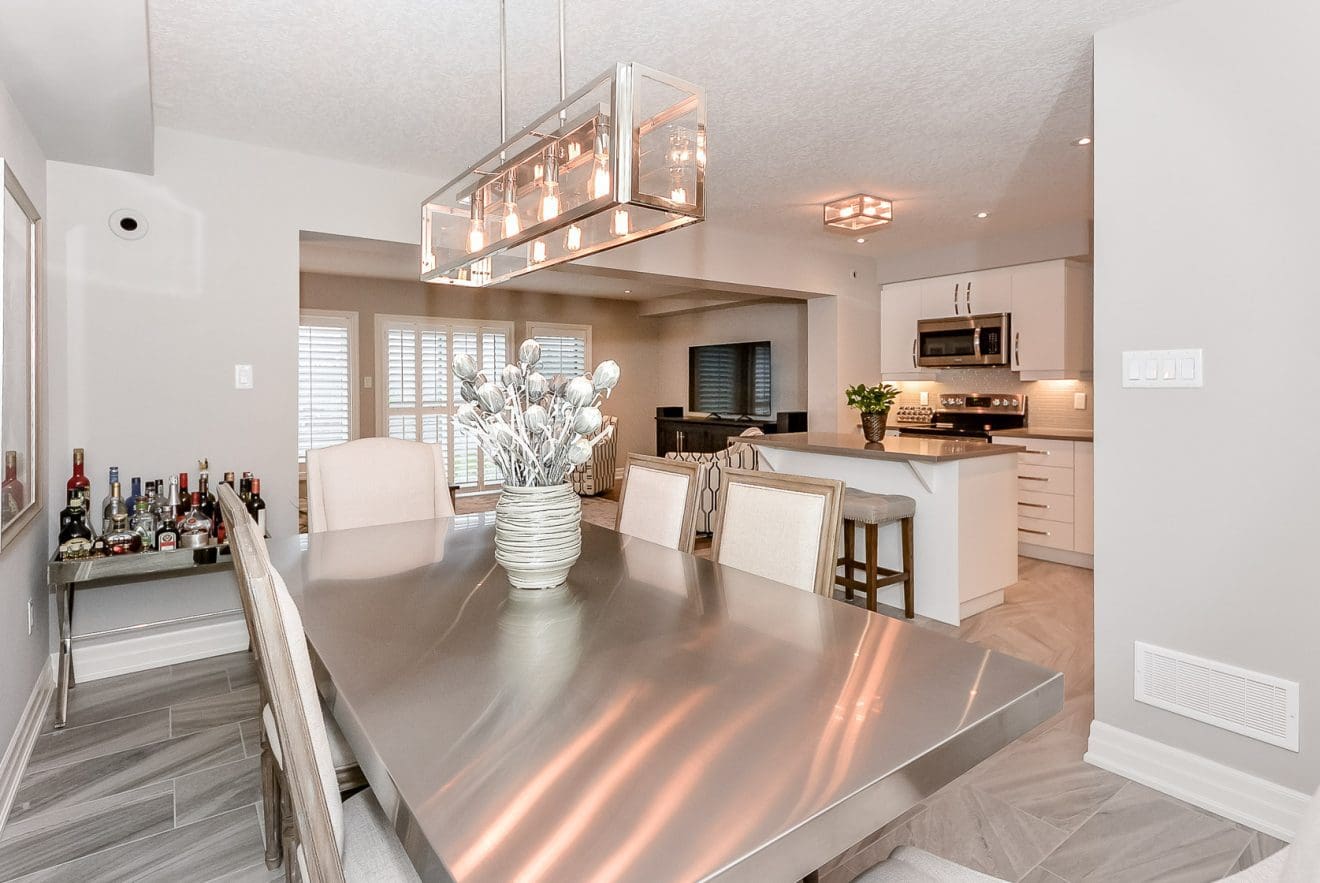“This house has termites!” Talk about four words no homeowner ever wants to hear.
When searching for a home, most people would probably avoid looking at listings within a termite zone. Ironically, the place you’re least like to hear those dreaded words is actually in a known termite zone, at least in Guelph. We’ve been dealing with these pests since the early 1970s when non-native insects were accidentally introduced from the US.
As a result, the city is well versed in how to find and eliminate infestations before they become serious issues.
Everything You Ever Wanted to Know About Guelph Termite Zones
Guelph isn’t the only city affected by these wood-loving insects. They’ve been found in over 30 municipalities across Southern Ontario. However, we are lucky enough to have one of the most proactive and effective responses to protect residents and homeowners. Here’s a brief overview of how Guelph termite zones work.
- As soon as termite activity is detected, the area is designated a termite zone.
- Living in a red zone means termite activity has been found in your area.
- If you’re in a blue zone, there’s no known activity. That’s the good news. The bad news is that you’re located right next to a red zone. Since termites can spread quickly, you want to take precautions.
- A white zone means no termite activity has been detected nearby. There’s no reason to be alarmed. However, it’s always good to keep your eyes open.
Termites or no termites, Guelph is a fantastic place to live and invest! Find out more below:
- Five Best Cities in Ontario to Buy Recession-Proof Investment Properties
- Over 70 Fun Things To Do With Your Family In Guelph
- How Downsizers in Guelph Can Capitalize On The Changing Market
Why Buying in a Termite Zone May Actually be Safer
You’d think that living in either a red or blue zone would make anyone want to pack up and move. And most people would never dream of specifically looking to buy a house inside a known termite zone.
However, a compelling argument can be made that these are actually the safest places to be. Why?
Keep in mind that being in a white zone only means that termites haven’t been found. Yet. It doesn’t mean they don’t exist.
Living in a known termite zone means the city’s Termite Control Officer is on it. The area is inspected frequently, traps are laid, and, if necessary, chemical treatments are performed.
Overall, the city has done a fantastic job of controlling and limiting the spread of these damaging pests.
What Can You Do?
Even though Guelph has a control plan in place, there are still many ways you can be proactive and protect your home and your property.
Don’t let your yard become a habitat
Termites never feed on live trees or saplings, but they love dead wood, especially when there are dark and damp places to hide. Old tree stumps, piles of chopped wood or woodchip mulch are havens for these pests. Prevent them from getting a foothold by keeping your yard clear. If you have firewood, store it off the ground and keep it on concrete, preferably in the sun. (Termites hate sunlight. Too much of it, and they die.)
Know the enemy
Would you recognize a termite if you saw one? There are three types of pests you may encounter:
- Worker termites can look like small grains of rice. Or, if we want to be gross, they look remarkably like maggots – if maggots had legs.
- Swarmer termites look like winged ants without the constricted waistline.
- Soldier termites have orange heads, light-coloured bodies and long mandibles. Luckily, you probably won’t see them at all.
Learn to recognize early termite damage
Although the insects are visible, they do like to hide. Which is fine with most people – because they look like the stuff of nightmares! While you may not see the creatures themselves, you will see the signs. Damaged wood can look like a honeycomb, hollowed out along the grain. Often, you’ll notice tiny holes in drywall or plaster where they have been burrowing.
Contact the city at 519-837-5614 for proper disposal of infested soil and wood
Termites can lay up to 25 eggs per minute, which means they spread quickly from one house to another when not contained. Avoid cross-contamination by not putting suspected termite-infested waste in the compost or on the curb with the regular garbage. Visit the city’s website for more information on how to deal with living in a termite zone.
Do you have a million questions about how to buy your next home? Download one of our comprehensive Buyer Guides right here.
Will Termites Affect My Resale Value?
The million-dollar question everyone wants to know is how it will termite zones affect the value of their house? Will you lose out when it’s time to sell? Will you be able to find a buyer at all?
Potential buyers might be scared away initially, but education is the key.
Being in a red zone doesn’t mean your house has termites, just that they have been spotted in the area. When buying or selling, be sure to work with a real estate agent who can help buyers understand the value of being in a protected zone.
The GoWylde Real Estate Team has been helping buyers, sellers and investors in the Guelph, Cambridge, Halton and Kitchener/Waterloo areas since 2006. If you have questions about finding the right house, don’t hesitate to reach out by email or call 519-826-7109.





